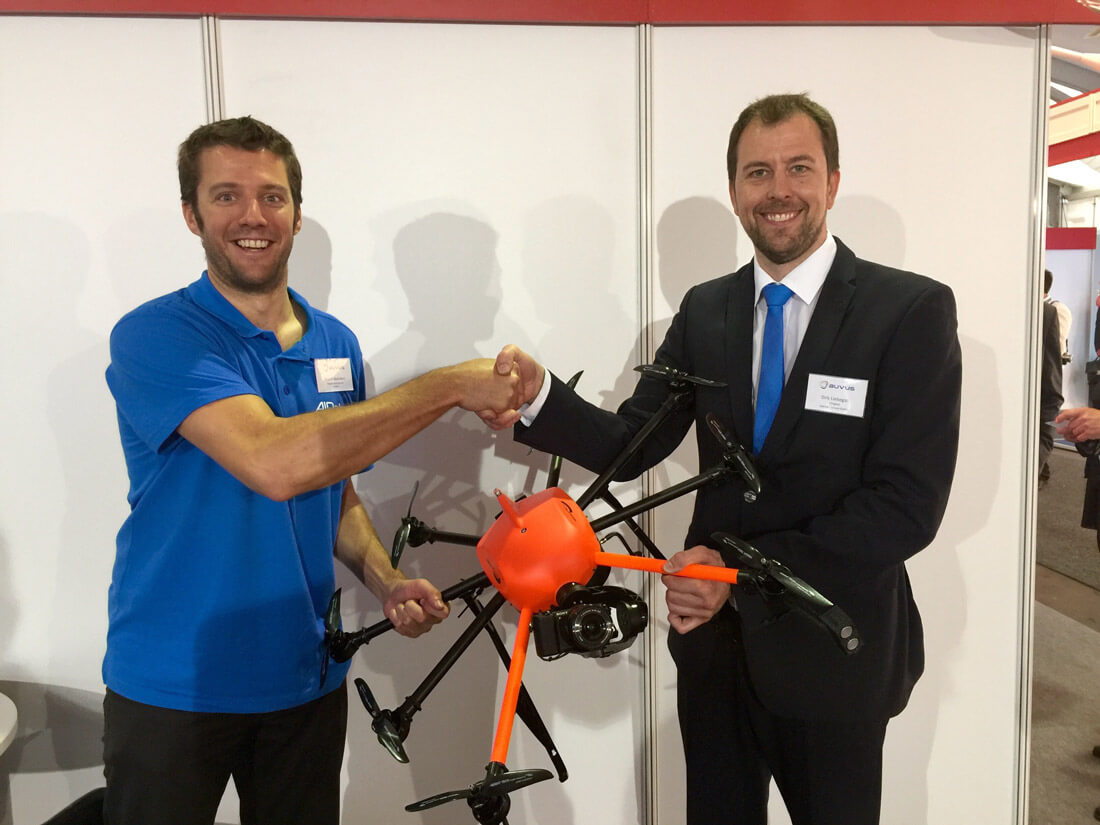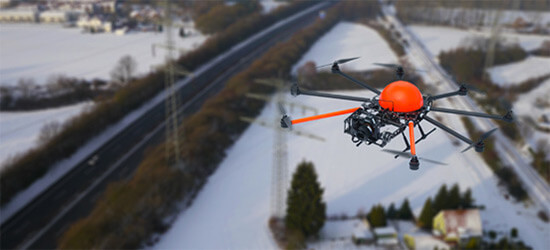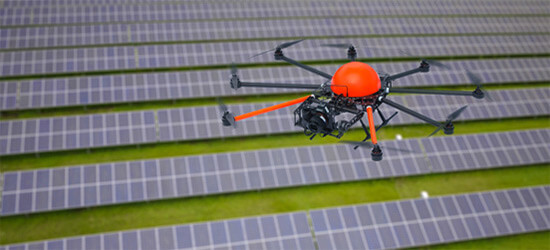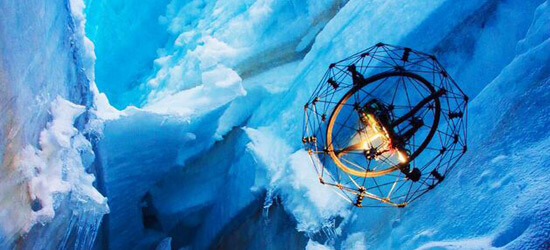
01 Jun 2016 HEIGHT TECH and Airobot announce partnership for integration an anti-collision system
HEIGHT TECH, the manufacturer of drones for industrial applications within the SPECTAIR GROUP, and Airobot, a supplier of sensor systems for drones, announced a partnership today at the ILA (Berlin Air Show) for integrating an anti-collision system into HEIGHT TECH drones.
Dirk Liebegall, director of HEIGHT TECH: ‘We are delighted with the partnership with Airobot. The integration of Airobot’s anti-collision and distance warning systems is the perfect addition for us to offer our customers safer, more precise and easier flying at close range.’
Unmanned flight systems will bring far-reaching changes to industrial and technical inspections, safety applications, logistics and other tasks in industry and commerce. In due course so-called unmanned aerial vehicles (UAVs) will be capable of inspecting windfarms automatically by following a predefined flight path, surveying large areas of terrain, and delivering parcels. Anti-collision and distance warning systems form the basis for the realisation of a large number of automated and autonomous work processes.
The founder of Airobot on the collaboration: ‘In developing the safety and precision systems for flights at short range, we are drawing on the know-how of both companies. This will enable us to drive the development of the entire industry forward. Image capturing at close range at pre-defined intervals, the ability to fly round obstacles and to issue automatic distance feedback will all be greatly simplified once the system is integrated.’
The two companies, HEIGHT TECH and Airobot, have worked together in the past. In early 2016 Airobot brought to market the Ranger, a distance-warning system for the safe flying of drones at close range. The technology is comparable with parking sensors in cars. Here HEIGHT TECH is one of the first sales partners.
The integrated anti-collision system that has now been announced will be tested during 2016 and will go on the market in early 2017.







